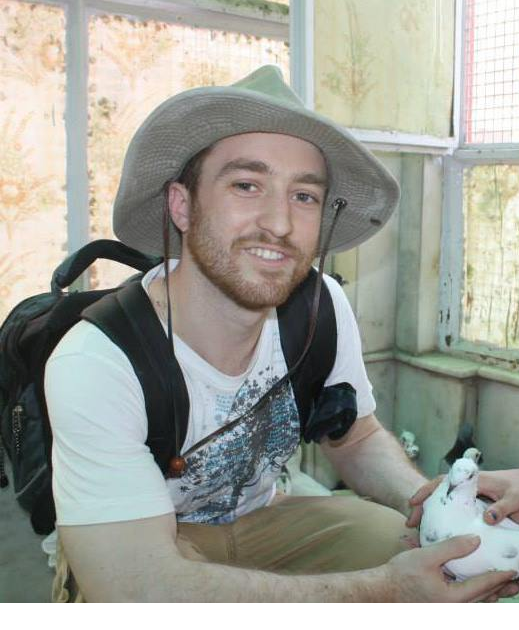By John Di Leonardo
In the United States, most people who “love animals” care for “pets.” However, historically, Jains—often considered followers of the world’s kindest religion—have eschewed the keeping of dogs, cats, and other animals out of reverence for them and a wish not to keep any animal imprisoned. At the same time, Jains were the first people in the world to create animal shelters and sanctuaries, known as pinjrapoles. How can these two seemingly opposing views be reconciled? A recent New York State lawsuit, as well as pending New York State legislation, provides the answer.
Last year, New York State Attorney General Letitia James filed a lawsuit against a Long Island pet dealer after receiving over 100 complaints from consumers. The lawsuit alleges that the pet store falsely advertised sick pets as healthy, fabricated health certificates, failed to disclose animals’ medical conditions, misrepresented puppies’ breeds, and refused to reimburse consumers for veterinary bills. The store has been fighting back in a failing effort, with a Nassau County judge earlier this month upholding a temporary restraining order forbidding the store from purchasing puppies for resale.
It is no secret that pet dealers source their animals from mills where animals are bred by the hundreds, or sometimes the thousands, in horrid conditions. The only surprising thing is that it took authorities so long to catch on. In 2013, I was nearly arrested while lawfully protesting this exact puppy store where dogs were sourced from mills where animals died tragically from outbreaks of parvovirus and burned alive in facilities where they had no escape from raging fires. A friend of mine was arrested after simply filming this encounter.
If this store listened to us nearly a decade ago when we urged them to become an adoption center, their business wouldn’t be in shambles. And if authorities listened to us back then, countless dogs’ lives could’ve been saved.
But how did a nation that spends more than $100 billion annually on “pets” get to this point? I believe it’s from thinking of these animals as “pets” to begin with. A person owns a pet, but they care for a companion animal. The former is not congruent with Jain ethics, but the latter is strongly encouraged by it. People acquire “pets” out of selfish reasons: because they want an animal as a status symbol, for protection, or perhaps simply because they’re “cute” and provide them entertainment. People care for “companion animals” because these individuals have been domesticated and cannot survive in our world without human companionship.
Change is slow, but today, we’re presented with an opportunity to take a big leap away from treating animals as products to own and toward treating them as persons to care for. Please contact your Assembly Member and urge them to cosponsor A.4283 to shut down the puppy mill pipeline in New York while still allowing pet stores to stay in business by partnering with overcrowded shelters and rescues to remain profitable. Then take a small vow—or Anuvrat—to never buy an animal, whether a dog, a cat, or a bunny, and to eliminate the word “pet” from your vocabulary.
John Di Leonardo is the founding director of Long Island Orchestrating for Nature (LION). He was previously the Senior Manager of Grassroots Campaigns and Animals in Entertainment Campaigns for People for the Ethical Treatment of Animals (PETA). He has a Master’s degree in Anthrozoology from Canisius College. He also earned a graduate certificate in Jain Studies from the International School of Jain Studies (ISJS) in India. John can be reached at [email protected].
People Also Ask… ….
What makes Jainism unique?
The distinguishing features of Jain philosophy – its belief in the independent existence of soul and matter; the denial of a creative and omnipotent God, combined with a belief in an eternal universe; and a strong emphasis on non-violence, morality, and ethics.









